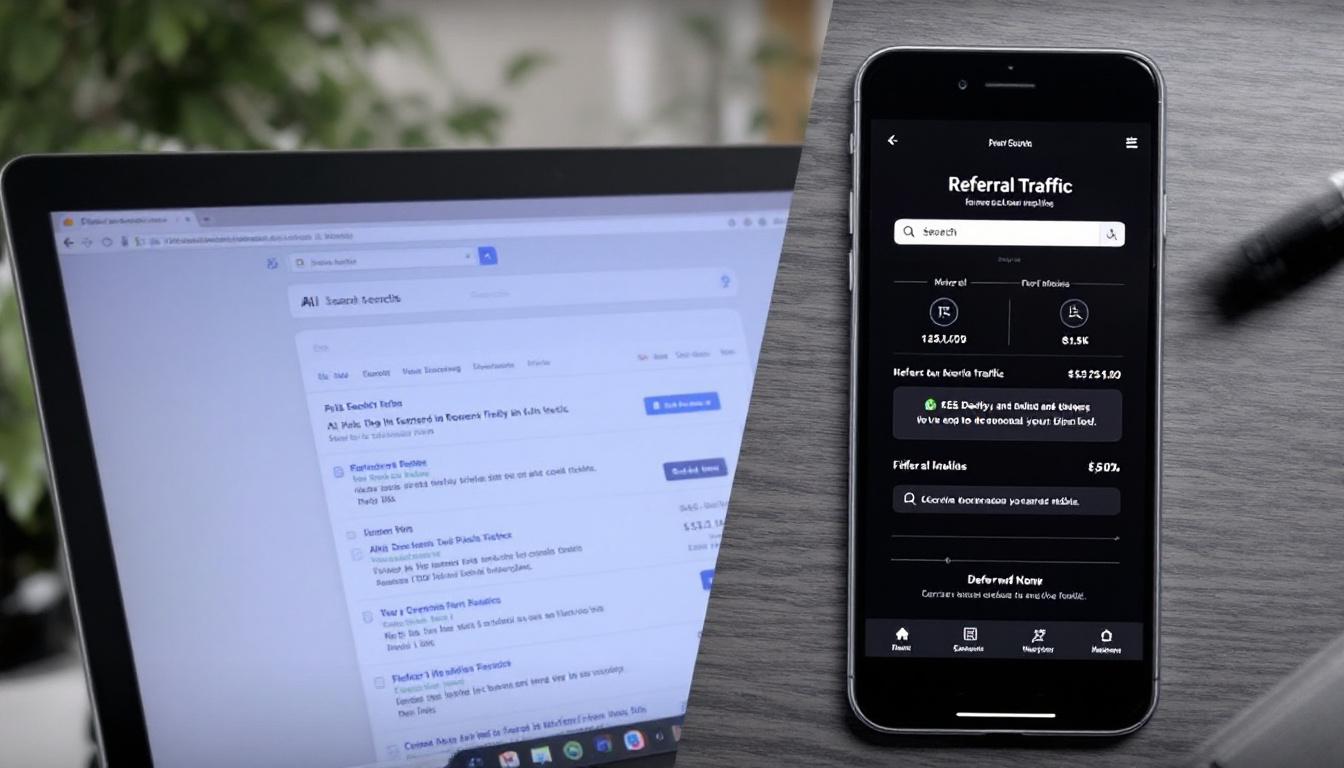At Search Central Live NYC, Google’s Danny Sullivan explored the SEO ramifications for websites that begin publishing content in new and diverse subject areas.
SEMRush
SEMrush is a fantastic SEO tool that can be used to carry out keyword research, including tracking the keyword strategy of your competitors.
His insights highlight how expanding a site’s focus can influence its overall search rankings and reputation.
Expanding Content Categories Without Hurting SEO
Introducing new topics to an established website can raise questions about its SEO stability.
Danny Sullivan provided clarity on how Google perceives such changes.
Google’s Evaluation Approach
Understanding Google’s methodology is crucial for website owners considering content diversification.
Sullivan emphasized that Google assesses whether different sections of a site operate independently or differ significantly from each other. He reassured that branching out into new topics doesn’t inherently harm a site’s rankings.
Instead, Google works to integrate the new content seamlessly, ensuring that each topic area is appropriately recognized and ranked based on its unique relevance and quality. He shared an example of a website initially focused on snowboards that decided to add content about skis.
The site owner was concerned that this shift might confuse Google’s understanding of the site’s primary focus.
Sullivan clarified that Google’s system doesn’t penalize such expansions but rather evaluates each section on its own merits.
The Mini-Site Metaphor Explained
To further illustrate Google’s approach, Sullivan introduced the mini-site concept, offering a framework for managing diverse content areas.
Maintaining Site Reputation with Diverse Topics
This metaphor helps in visualizing how Google manages different content streams within a single website.
The mini-site analogy suggests that when a website introduces a new topic, Google treats it as a separate entity with its own reputation.
This means that the new section builds its credibility independently from the main site, ensuring that the overall site reputation remains intact while allowing the new topic to establish its own authority.
This approach allows website owners to confidently expand their content offerings without fearing an automatic decline in search rankings.
It ensures that each topic is given the appropriate attention and ranking based on its specific content quality and relevance.
The Bottom Line
Google’s Danny Sullivan reassured website owners that diversifying content topics doesn’t automatically jeopardize their site’s SEO performance.
By understanding Google’s evaluation methods and the mini-site metaphor, publishers can strategically expand their content while maintaining and even enhancing their search rankings.








